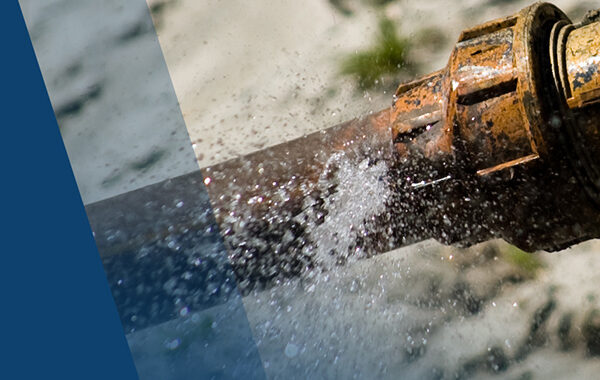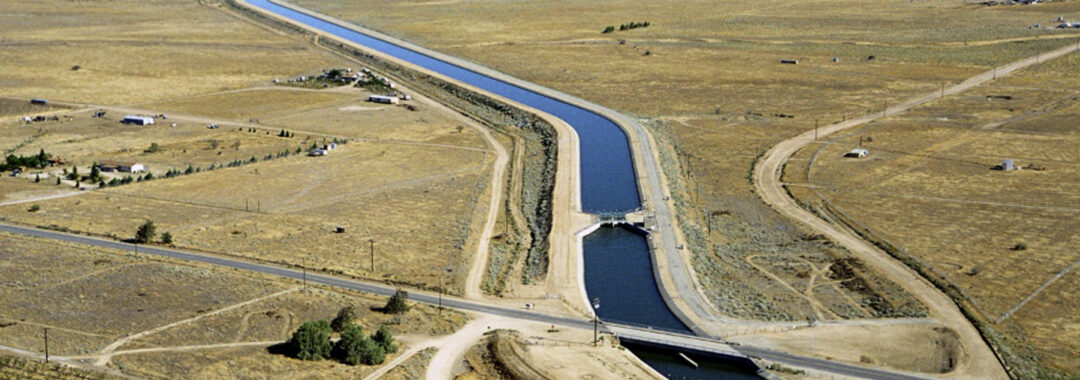Before a drop of treated water in California ever reaches a consumer’s faucet, about 8% of it has already been wasted due to leaks in the delivery system. Nationally, the waste is even higher, at 17%. This represents an untapped opportunity for water savings, according to a study from the University of California, Davis.
The study, published in the journal Environmental Research Letters, is the first large-scale assessment of utility-level water loss in the United States. It found that leak reduction by utilities can be the most cost-effective tool in an urban water manager’s toolkit, provided utility-specific approaches are used.
“When I first heard about ‘leaks’ I thought it sounded boring, but leaks are a huge component of our water systems and have a larger opportunity than many other water-saving methods to make an impact,” said lead author Amanda Rupiper, a postdoctoral scholar with the UC Davis Center for Water-Energy Efficiency. “As the first state to regulate its water losses, a lot of eyes are watching California, and this is an opportunity to impact policy here and elsewhere.”
Amid a multiyear drought, the passage of Senate Bill 555 in 2015 made California the first in the nation and among the first in the world to require water utilities to regulate their water losses.
Be Specific
Using data from more than 800 utilities across California, Georgia, Tennessee and Texas, the authors characterized water losses across the country. They developed a model to assess the economically efficient level of losses, and used that model to compare various water loss regulations and modeling approaches.
The study found that one-size-fits-all approaches to leak management are not effective, economical or equitable for utilities, which vary in size and resources. Uniform approaches could lead to the mismanagement of urban water losses. However, applying utility-specific performance standards can deliver a similar amount of water savings at a profit for both utilities and society.
“Regulations that impose a uniform standard across all utilities will result in water reductions that are too stringent in some cases, too relaxed in others, and too costly overall,” the paper concludes.



